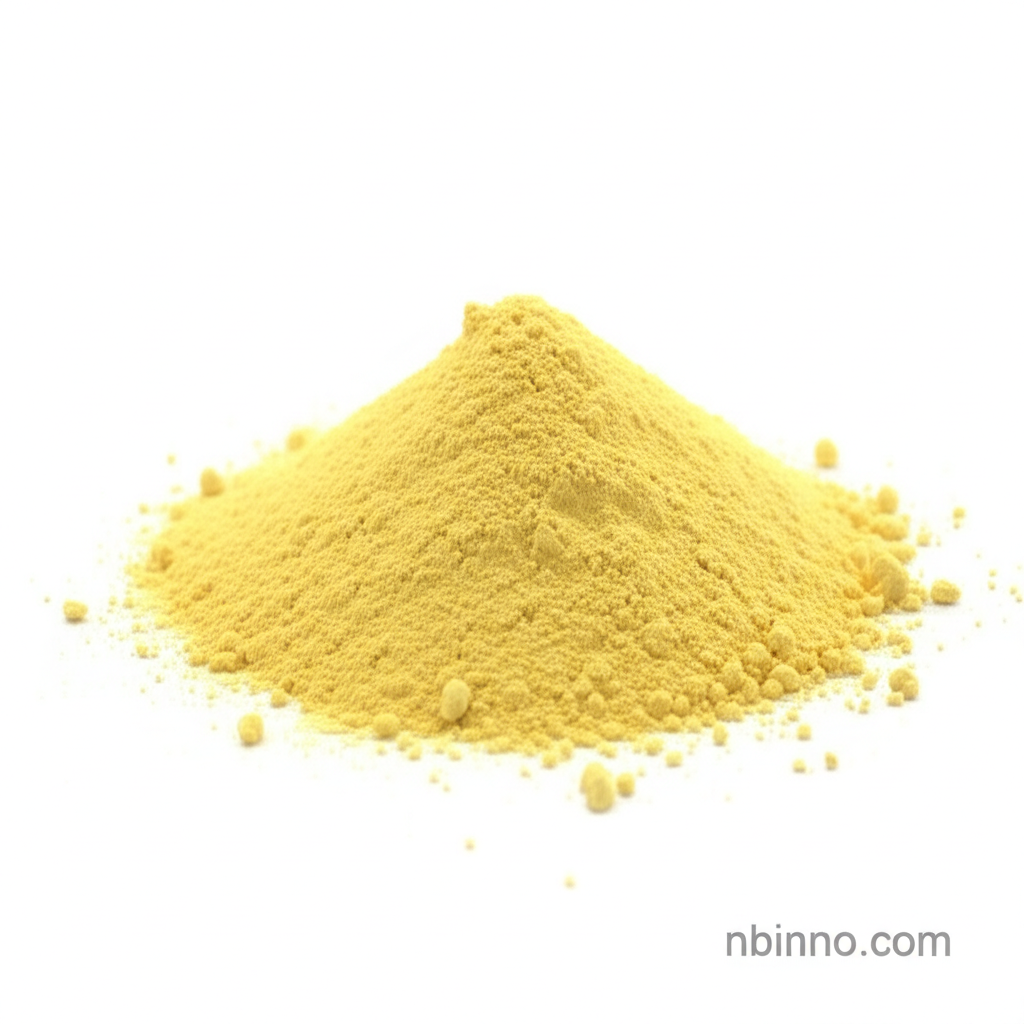Tannic Acid: A Versatile Polyphenol for Pharmaceutical, Food, and Industrial Applications
Exploring the multifaceted benefits of tannic acid across various sectors, from medicine to manufacturing.
Get a Quote & SampleProduct Core Value

Tannic Acid
Tannic acid, a complex polyphenol, serves as a cornerstone ingredient across a spectrum of industries due to its diverse chemical properties. Its astringent and antioxidant capabilities are highly valued in the food and beverage sector for preservation purposes. In pharmaceuticals, tannic acid is recognized for its antimicrobial attributes, making it an effective agent for treating wounds and burns, and it aids in the stabilization and slow release of active pharmaceutical ingredients.
- Discover the natural antioxidant properties of tannic acid for food preservation, helping to extend shelf life and prevent spoilage.
- Leverage tannic acid in pharmaceuticals to stabilize active ingredients and enhance drug delivery.
- Explore the vital role of tannic acid in leather tanning, improving the durability and water resistance of leather goods.
- Understand how tannic acid acts as an effective corrosion inhibitor for metal protection, a key industrial application.
Key Advantages
Natural Origin & Sustainability
As a naturally occurring polyphenol, tannic acid offers a sustainable alternative, aligning with the growing demand for eco-friendly and naturally derived ingredients in consumer products and industrial processes.
Broad Spectrum Application
The versatile chemical nature of tannic acid allows its use in applications ranging from food and pharmaceuticals to leather processing and environmental remediation, demonstrating its wide-ranging utility.
Enhanced Product Efficacy
From extending the shelf life of food products to improving the durability of leather and inhibiting corrosion, tannic acid significantly contributes to the efficacy and performance of various end products.
Key Applications
Pharmaceutical Formulations
Tannic acid is employed in pharmaceutical preparations to enhance stability and control the release of active ingredients, contributing to improved therapeutic outcomes.
Food Preservation
Its potent antioxidant properties make tannic acid an excellent natural preservative, helping to maintain the quality and extend the shelf life of various food and beverage products.
Leather Industry
Crucial in the leather tanning process, tannic acid improves the durability, flexibility, and water resistance of leather, a key component in the manufacturing of high-quality leather goods.
Corrosion Inhibition
Utilized as a corrosion inhibitor, tannic acid forms a protective layer on metal surfaces, preventing degradation and extending the lifespan of metallic components and structures.
